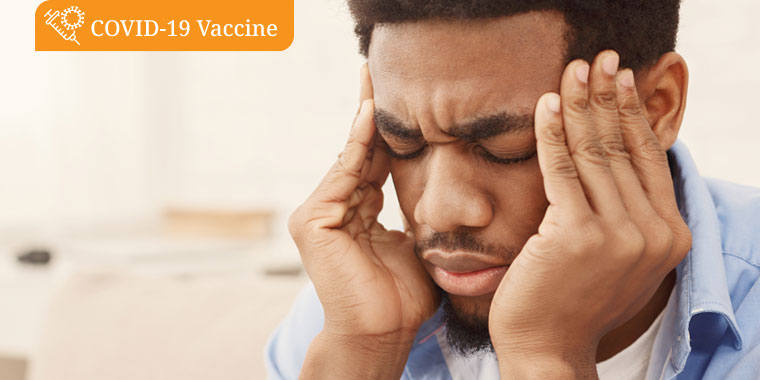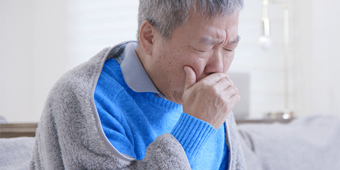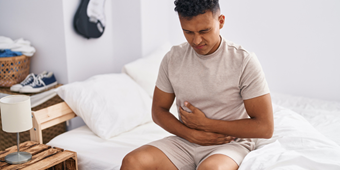Feeling ‘Blah’ After COVID-19 Vaccine’s Second Dose a Good Thing

Answer a few questions and we'll provide you with a list of primary care providers that best fit your needs.
Getting your COVID-19 vaccine may be a big relief. But should you expect side effects from it?
Premier Health Now asked Steven Burdette, MD, medical director of infection prevention at Miami Valley Hospital, to fill us in.
The vaccine imitates COVID-19 and causes your body to produce antibodies, he explains. In the process, you might get some symptoms of the virus, but that should be expected. It’s a sign that your body is building immunity.
“Short-term pain, swelling, redness, headache, or fever are actually good signs,” he says. “That’s your body telling you the vaccine is doing what it’s supposed to do. It’s a natural response.” Such reactions seem to be more common after the second dose.
So don’t worry if you have any of these reactions or if you just feel “blah,” says Dr. Burdette. But don’t worry if your body doesn’t react, either. We’re all different.
Symptoms typically last about 48 hours. “If you still have a fever 72 hours after getting the vaccine, that may indicate something else is going on and you should give your doctor a call,” Dr. Burdette recommends.
After receiving his first vaccine dose, Dr. Burdette says, “My shoulder hurt for about 48 hours, but other than that I was fine. However, I’ve seen many folks whose arm became red and swollen, or the glands in their armpit became swollen, seven to 10 days after they got the vaccine. Again, that’s not a bad thing. It’s the vaccine doing its job, and that’s what we want.”
Should you take a pain reliever before being vaccinated to try to lessen side effects? The Centers for Disease Control and Prevention (CDC) advise against pre-medicating before vaccination. The CDC says there is not enough data yet to know how pain relievers could impact the vaccine’s antibody response.
You can reduce pain and discomfort by applying a clean, cool, wet washcloth over the injection site and moving or exercising your arm, the CDC recommends. For a fever, drink plenty of fluids, and dress lightly. Talk with your health care provider about taking over-the-counter pain relievers, such as ibuprofen or acetaminophen.
Answer a few questions and we'll provide you with a list of primary care providers that best fit your needs.
Sources: Steven Burdette, MD, Medical Director of Infection Prevention, Miami Valley Hospital; Centers for Disease Control and Prevention (CDC)





